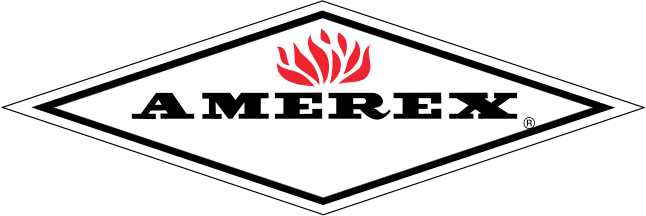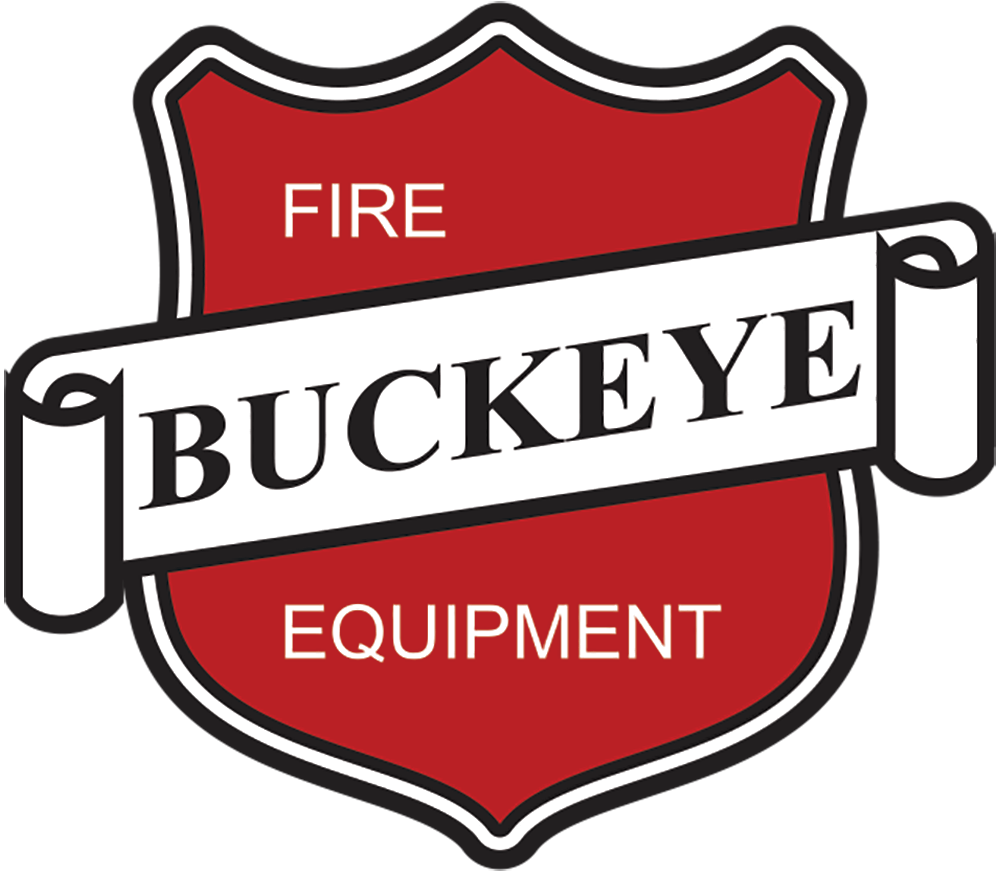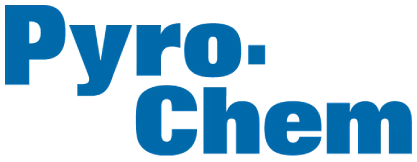Fire protection services detect, prevent, and manage fire risks. These services encompass various measures, systems, and tools, such as fire sprinklers, extinguishers, and alarms. Learn why fire protection services are essential for businesses and how these systems prevent the outbreak and spread of fires.
Ensure Employee and Customer Safety
Keeping your employees and customers safe should always be the number one priority for your business. Fire protection services make a huge difference by detecting fire hazards early and taking action before things get out of hand. Alarms and smoke detectors are lifesavers, giving people enough time to get out safely. Emergency protocols, like fire drills and exit strategies, keep everyone prepared for the unexpected.
Beyond being the right thing to do, creating a safe environment through fire protection services sends a positive message to your employees and customers. It shows that you care and helps your business build a stronger reputation.
Protect Valuable Assets
A fire can wipe out your property, tools, and inventory in minutes, costing you a significant amount of money and shutting your business down for weeks or longer. Data loss and damage to high-value tools or stock can leave your business struggling to recover, leading to lost sales, missed opportunities, and even permanent closure in severe cases.
Your business can reduce these risks with fire protection services, which include installing, repairing, maintaining, and replacing fire alarms, sprinklers, extinguishers, and hydrants. These tools may limit the intensity and spread of fires or alert occupants so they can evacuate. The quick responses of fire detection devices can significantly reduce the extent of damage caused by flames, smoke, or water.

Maintain Compliance With Regulations
Businesses are legally obligated to adhere to fire safety standards, which include maintaining certified fire protection systems and conducting regular inspections. Fire protection services are essential for businesses to meet these regulatory requirements.
Businesses must comply with the following fire safety requirements, among others:
Install and maintain functional fire alarms to provide early warnings in case of a fire.
Ensure fire extinguishers are accessible, fully charged, and regularly inspected.
Designate and maintain clear evacuation routes that are free of obstructions for safe exits during emergencies.
Conduct regular fire safety drills to train employees on emergency procedures and evacuation protocols.
Adhere to occupancy limits to prevent overcrowding and reduce fire-related risks.
Install fire sprinkler systems in required areas to control and suppress fires effectively.
Maintain proper storage of flammable materials to minimize fire hazards.
Schedule periodic inspections of fire safety systems by certified professionals to ensure compliance.
Business owners can learn about fire safety standards by consulting resources from governing bodies like OSHA (Occupational Safety and Health Administration) and NFPA (National Fire Protection Association). They should also review federal, state, and local fire codes, which are available online or through local fire departments and compliance officers.
Lower Insurance Costs
Fire protection systems often lead to discounts on commercial insurance. Insurance providers look favorably on businesses that proactively invest in fire safety measures, such as certified fire alarms or sprinkler systems. This makes your business a lower-risk client, which can result in substantial premium savings over time.
More importantly, having adequate fire protection can reduce the extent of potential claims following an incident. This can lead to smoother insurance claims since you’ve demonstrated a commitment to preventing or mitigating fire damage.

Streamline Recovery
Fire protection systems play a key role in keeping fire damage under control, which makes the cleanup process easier. Systems like sprinklers and fire suppression tools work fast to contain or even put out flames before they can spread too far. When flames are successfully stopped, your business potentially deals with less mess—less debris, soot, and smoke—so you can get back to normal operations faster. Plus, fire alarms and early warning systems give employees more time to react, helping protect your equipment and inventory from being completely lost.
When cleanup is manageable after a fire, it simplifies the process of filing insurance claims because there’s less extensive damage to document and assess. Streamlining the insurance claims process can help you get the funds you need to repair and replace what’s been damaged. Recovery feels less overwhelming, too, since fire protection systems help save critical parts of your business that might otherwise be destroyed in a bigger fire. Installing and maintaining fire safety tools makes bouncing back quicker, easier, and less stressful.
Reduce Risk Liability
Every business owner carries the responsibility of mitigating risks that could result in harm or lawsuits. Installing, inspecting, maintaining, and repairing fire detection and suppression equipment optimizes fire protection measures.
To reduce risk liability with fire protection services, keep the following in mind:
Ensure system functionality by installing fire protection systems correctly to reduce the chance of errors or failures during emergencies.
Maintain compliance with safety standards through regular inspections and necessary upgrades, which helps your business avoid costly fines and penalties.
Prevent system failures by performing routine maintenance and repairs, ensuring all equipment works reliably when needed.
Enhance overall safety by keeping fire suppression systems in top condition, protecting employees, assets, and infrastructure from fire-related risks.
Reduce response time to emergencies by making sure that alarms, sprinklers, and suppression tools activate promptly and efficiently.
Minimize potential fire damage by keeping systems fully operational to contain or extinguish fires before they escalate.
Lower insurance premiums through consistent upkeep and certification of fire protection systems, showcasing responsible risk management.
Support business continuity by reducing the likelihood of extensive disruptions caused by unchecked fire damage.
Industry-Specific Risks
Fire protection services can be customized to address the unique risks faced by different industries. For example, restaurant kitchens are at high risk of fires due to the presence of open flames, grease buildup, and cooking equipment, which means they require specialized suppression systems such as hood-based extinguishers. Warehouses, on the other hand, must mitigate the dangers of flammable materials and large, open storage spaces with robust sprinkler systems and early detection alarms.
Investing in fire protection services is a crucial step for any business aiming to ensure safety, minimize risks, and maintain operations. With proper systems in place, your business can protect employees, reduce potential losses, and streamline recovery after incidents. Adhering to fire safety regulations not only keeps your business compliant but also allows you to build trust with stakeholders. Maintain the safety and reliability of your fire protection systems by turning to the experienced fire safety professionals at Hedrick Fire Protection.



